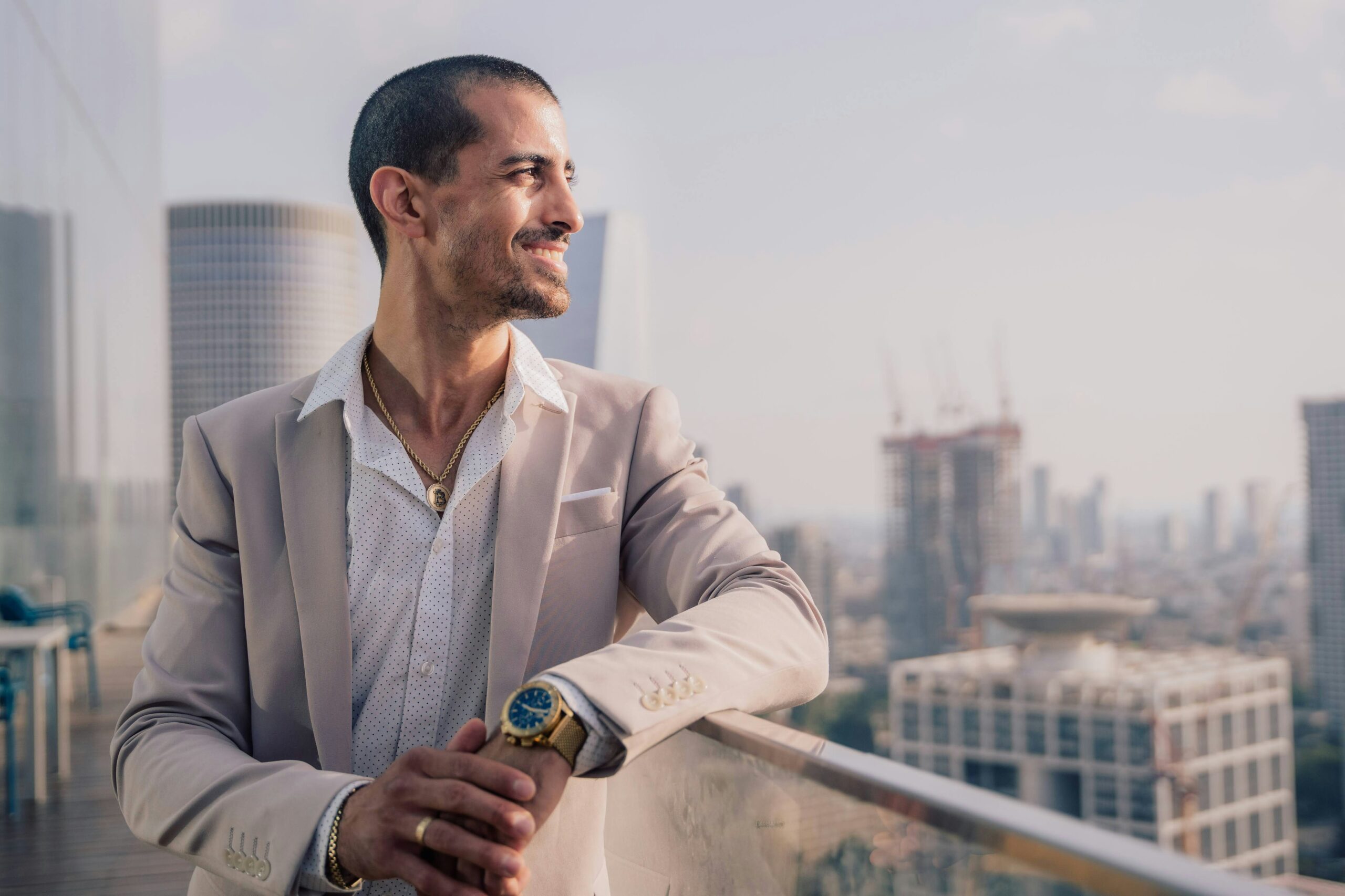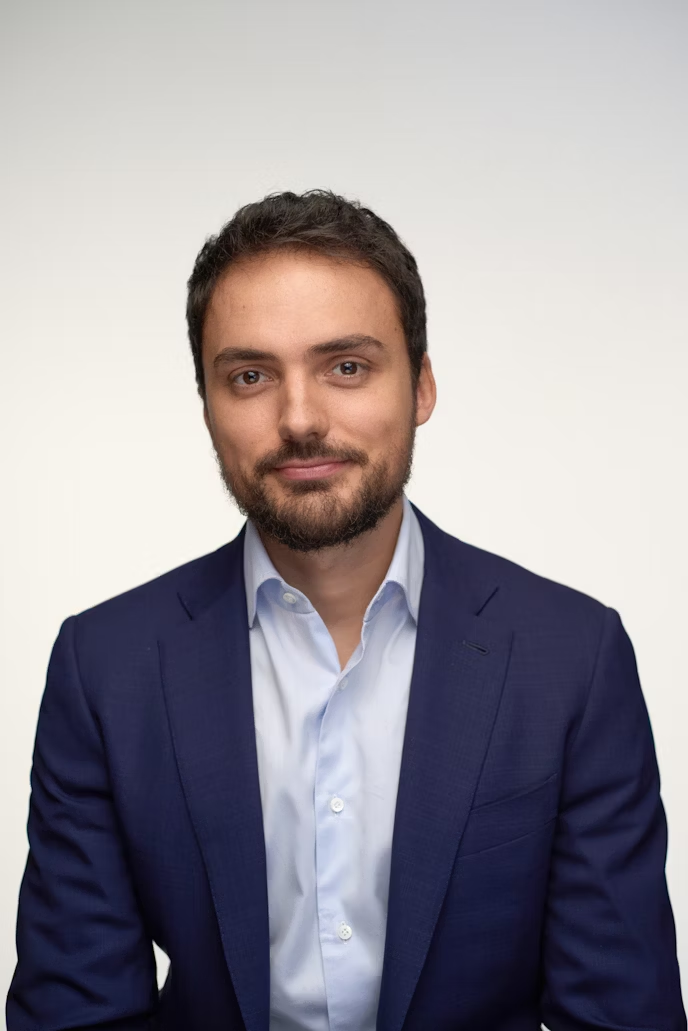Image credit: Unsplash
The founder and CEO of medical record software provider Epic Systems, Judy Faulkner, has built a net worth of $7.2 billion from the ground up. Originally called Human Services Computing, Faulkner started her company in 1979. What began in her basement with only $70,000 in startup cash has become one of the most inspiring success stories in the industry’s history.
While many billionaires claim to be self-made, only to ultimately reveal that they either had wealthy relatives to foot their initial bills, simply bought many of their most valuable assets, or some combination of the two, Faulkner is the real deal. She wrote the original code for the software herself, and her company now supports the medical records of over 250 million patients. What began with little more than boundless ambition, a dream, and $70,000 was transformed into so much more by Faulkner’s hard work and dedication over decades.
Top medical centers, such as Johns Hopkins and Mayo Clinic, now use her Epic system. Currently, Faulkner maintains a 47% stake in the company. In discussing her humble origins, unyielding dedication to her work, and current billionaire status, Faulkner offers crucial advice to entrepreneurs of all ages and stages of life.
Bootstrap Your Way to the Top
As reported by Forbes, “Faulkner has steadfastly rejected outside investors, Wall Street financing and acquisitions.” She has maintained this policy throughout the company’s lifespan—even when it led to a major disagreement with one of her co-founders.
“Part of my difficulty with her was me saying, ‘Gosh, why don’t we get some venture capital and we can build it faster?’” John Greist told Forbes. “And she said, ‘No, we won’t do that. Because we’ll lose control.’ And certainly, that’s been her policy. And she has lived it out and proven it. I was wrong. She was right.”
In this regard, she practices what she preaches. It’s easy to find billionaires who started wealthy and simply purchased already-successful startups, afforded them greater exposure, and received credit for their success in the long run. But billionaires who genuinely fought their way up the ranks, handling every innovation and decision and earning their keep alongside the company? That’s far rarer, and Faulkner is one of the latter.
Remain Open and Curious
Faulkner has always loved solving problems. Forbes reported that she traces her passion for math and problem-solving back to seventh grade when her math teacher would put riddles on the blackboard. Faulkner has maintained this curiosity and eagerness to figure things out, which translated into her love for computer programming.
“I always liked making things out of clay, and the computer was clay of the mind,” she told Forbes. “Instead of physical, it was mental.”
It’s easy to foster curiosity in the young, but far too often, older individuals grow to be close-minded and firmly set in their ways. The downside is that the world around you will continue to evolve and grow even if you don’t, which leads to a severe disconnect between your beliefs and the world’s, fostering resentment and negativity.
To combat this, Faulkner encourages people to stay open, curious, and receptive to new ideas. If a solid object is thrown into a rushing river, it will be beaten, battered, and ultimately destroyed by its rigid form. But if a fluid object is thrown into a river, it is carried along by the river, its malleability proving to be its salvation.
Keep Your Employees Happy
Epic’s corporate campus has been called an “adult Disney World,” featuring a Hogwarts-inspired Great Hall, a tree house, and an “elevator to hell,” Forbes reported. Faulkner has also been known to attend her company’s annual customer meeting in costumes that have included Lucille Ball and the Mad Hatter. Epic’s motto is: “Do good. Have fun. Make money.”
Studies have shown that happy workers are more productive, so building an enjoyable work environment could be a key to Epic’s success.
Love Your Work
Faulkner is 80 years old but still works at the company she founded. In a 2021 Forbes interview, she said she had no plans to retire because she enjoys her work so much.
“I enjoy what I do,” she said, “and I’d like to do it as long as I am effective and can bring value to the job.”





























































































































































































































































































